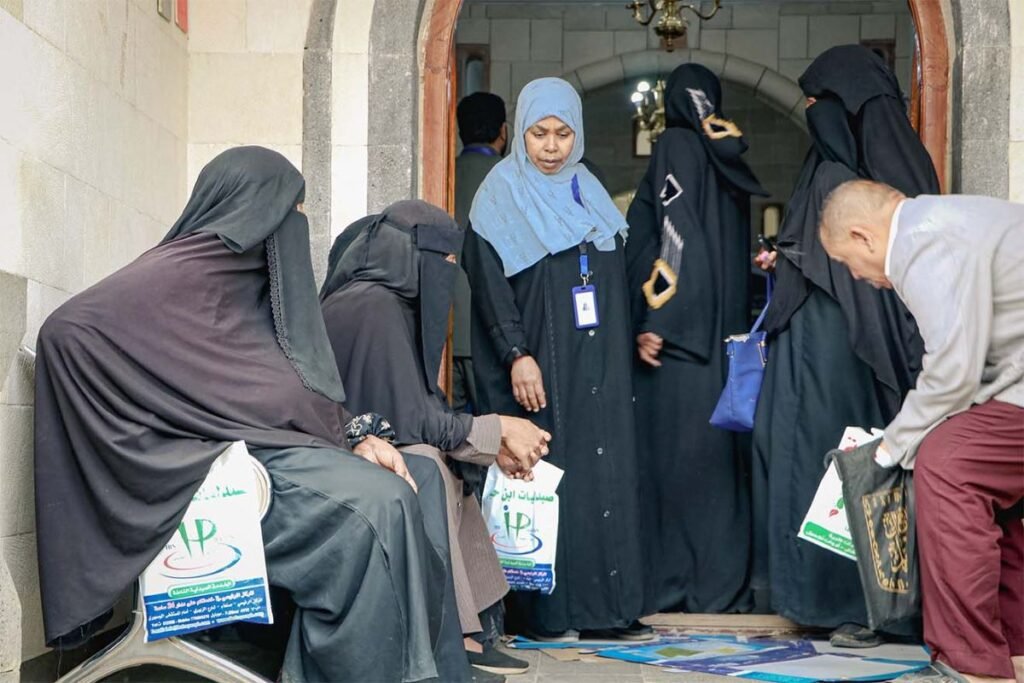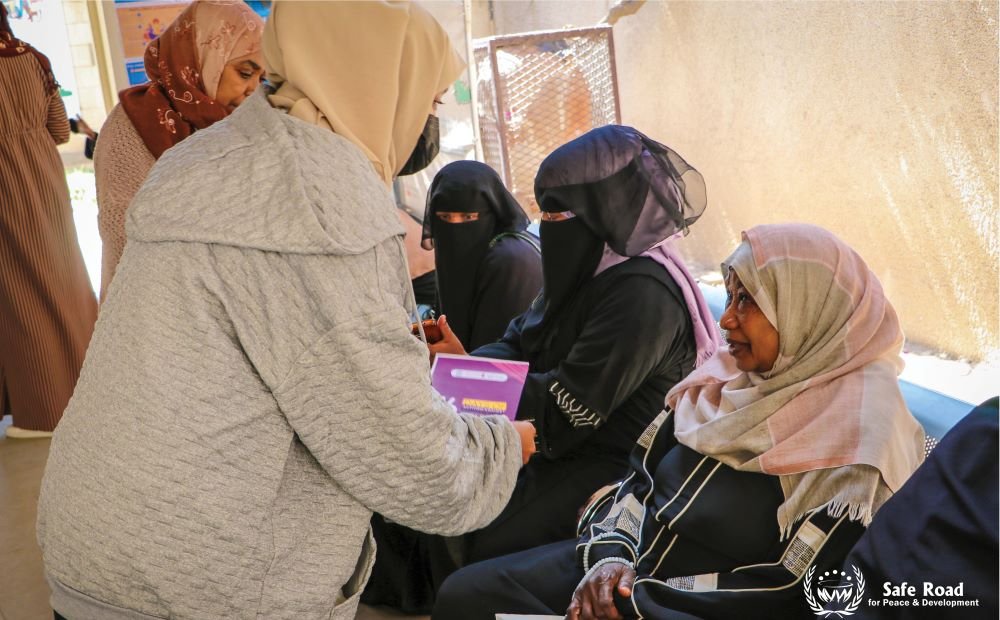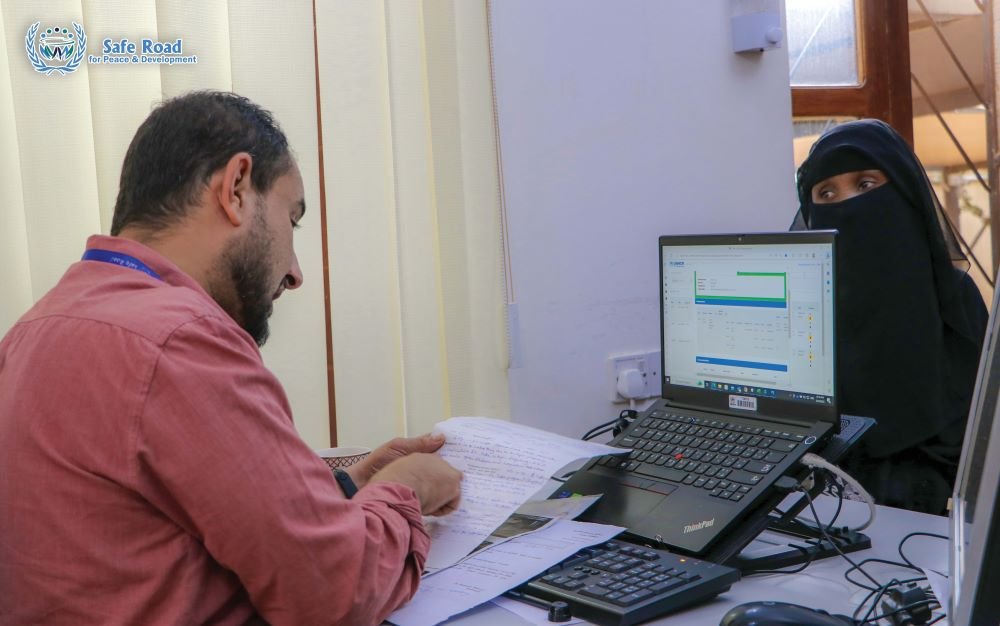Socio-economic assessment for Refugees and Asylum Seekers in the northern governorates - Yemen
SRPD is implementing a project aimed at improving the living conditions and protection of vulnerable refugee and asylum-seeking households in northern Yemen. This project focuses on conducting socio-economic assessments to identify the most at-risk families, such as women at risk, the elderly persons at risk, and those with medical conditions. The project also includes rapid emergency assessments and delivering emergency cash assistance for those in critical need.
In collaboration with UNHCR, SRPD applies standardized tools and guidelines to ensure a thorough assessment and response to each household’s socio-economic situation. This approach prioritizes families based on their specific vulnerabilities and the assistance they’ve previously received. The project employs a participatory and community-based methodology, which emphasizes the active involvement of refugees and asylum seekers in shaping their protection and assistance strategies.
Through coordination with UNHCR and other partners and humanitarian actors, SRPD ensures that identified individuals receive timely referrals to essential services such as medical care, psychosocial support, legal assistance, child protection, and education. These services are provided in a way that respects the rights and confidentiality of beneficiaries.
To maximize outreach, SRPD operates a drop-in center for refugees and asylum seekers to self-refer or be referred by community members and other organizations. Protection monitors conduct assessments in homes, ensuring that the socio-economic needs of households are addressed comprehensively.
Moreover, SRPD’s protection team remains available during working hours, weekends, and holidays to respond to urgent cases. They conduct rapid assessments for emergencies, such as families facing imminent risks, and ensure swift referrals or provision of emergency cash assistance after UNHCR approval.
The project’s overall aim is to enhance the protection conditions of refugees and asylum seekers, reduce their reliance on harmful coping mechanisms, and empower them to pursue sustainable solutions to their challenges.



